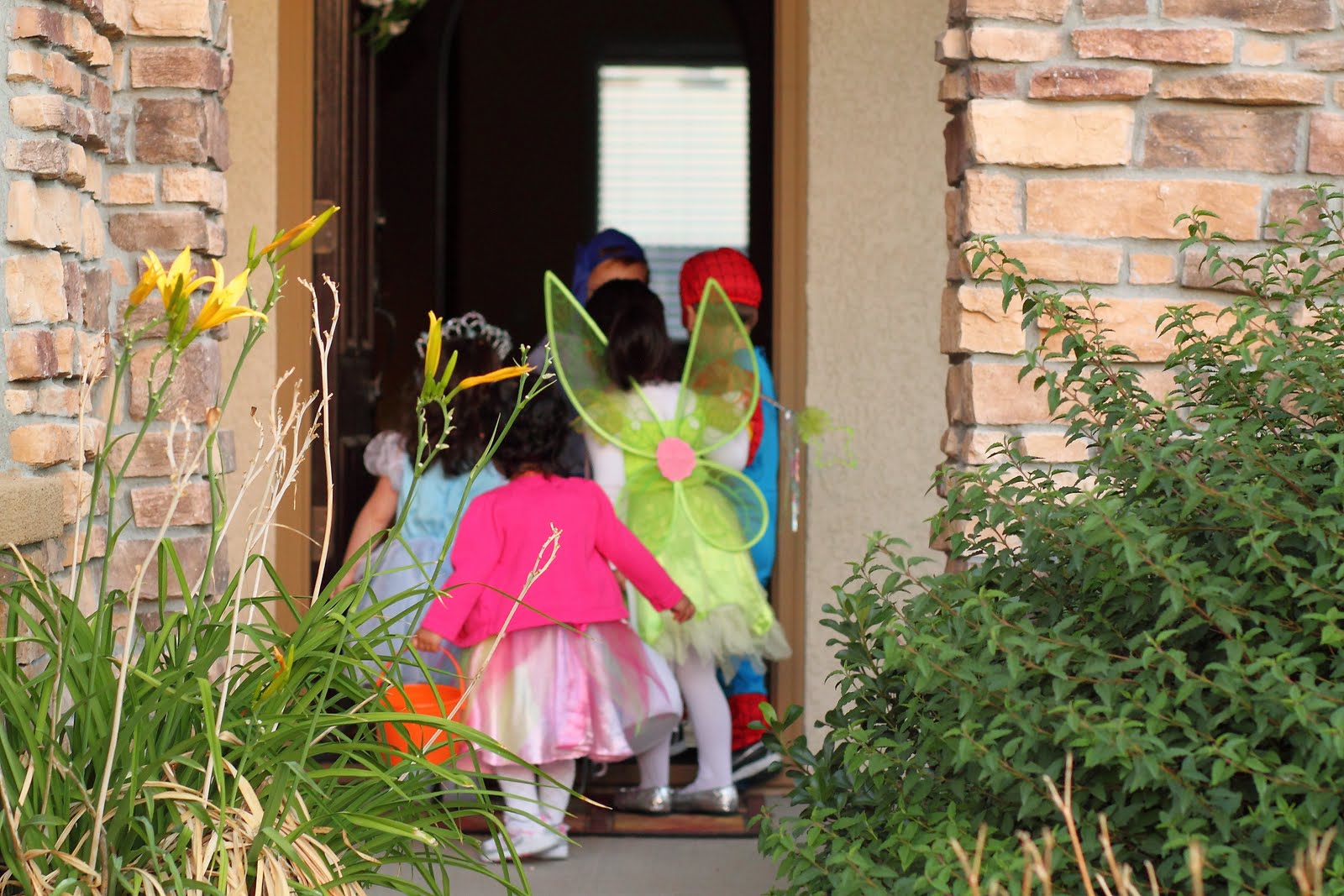Halloween, in our contemporary context, is really only about two important things: kids, and candy.
For most children there is no religious significance involved in either the day itself or in such elements as pumpkins or costumes. It’s true that such things as jack-o’-lanterns, bonfires and black cats, which are part of the Halloween tradition, may have roots in pre-Christian activities. But when children go trick-or-treating or visit haunted houses, they are not thinking about participating in any religious festivities at all. They are just trying to have fun.
All of this isn’t to say, of course, that there are no occult overtones to modern-day celebrations of Halloween. It does have some contemporary significance to wiccans and druids, and those elements, which could be considered anti-Christian should most certainly be avoided.
According to the Bible, the world of the occult is real and energized by demonic powers that must be recognized and resisted by Christians because our beliefs and practices bear consequences in this world and in the next. However, there is a clear difference between the real occult practices of shamanism, magic, and divination and the contemporary practice of trick-or-treating, carving pumpkins, and bobbing for apples. Since the door of the occult world must be entered through human interest and initiative, general Halloween practices engaged in by most people do not draw them into occult activities.
Despite the historical roots of Halloween all it takes for us to dissociate the Halloween we have now from Halloween then is a doorbell and a digital camera.
It’s hard to believe that the systematic collection of candy in a given neighborhood by “Spider-Man” and his “Rugrat” friends constitutes the promotion of an occult worldview or demonic racketeering.
Even the recognized Christian authority on cults and the occult, Walter Martin, said: If Big Bird comes to my door, he’s definitely going to get a treat.
fossores
Related posts
Categories
Category Cloud
Tag Cloud
Recent Posts
- Victors and Victims November 6, 2018
- 3 Hacks for Happiness October 29, 2018
- Hope Against Death September 20, 2018
- The Shape Of The Cross September 19, 2018


